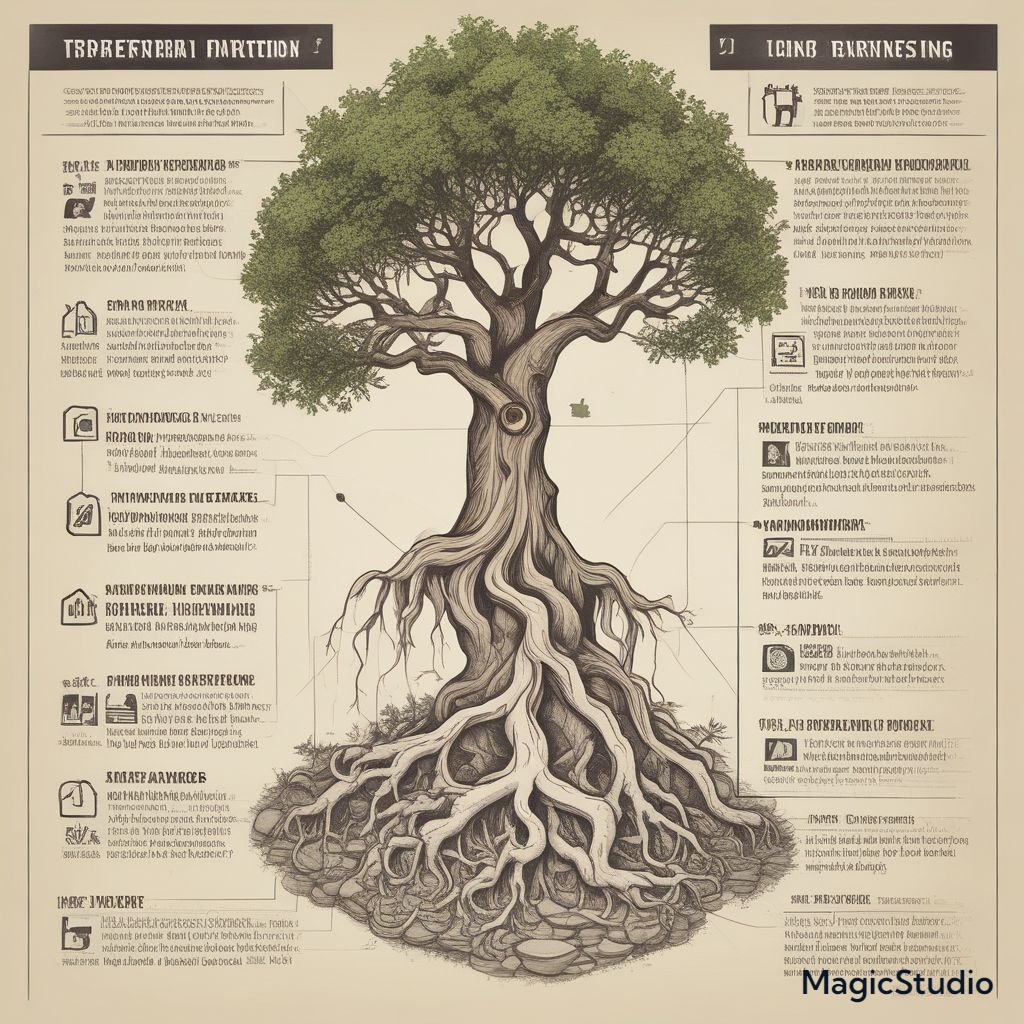Long-term investing is a powerful strategy for building wealth and achieving financial goals over time. Unlike short-term trading, which can be volatile and risky, long-term investing focuses on buying and holding investments to ride out market fluctuations and capitalize on growth. In this blog, we’ll explore essential tips for successful long-term investing that can help you navigate the financial markets and secure your financial future.
1. Set Clear Financial Goals
Before diving into long-term investing, it’s crucial to define your financial objectives.
Goal-Setting Tips:
- Identify Time Horizons: Determine when you want to achieve specific goals, such as retirement, buying a home, or funding education. This helps in choosing the right investment vehicles.
- Be Specific: Clearly articulate your goals. Instead of saying, “I want to save for retirement,” specify, “I want to accumulate $1 million for retirement by age 65.”
2. Understand Your Risk Tolerance
Knowing your risk tolerance is essential in shaping your investment strategy.
Risk Assessment:
- Consider Your Comfort Level: Assess how comfortable you are with market fluctuations. High-risk investments can offer higher returns, but they also come with greater volatility.
- Evaluate Financial Situation: Your current financial status, investment horizon, and obligations will influence your risk tolerance.
3. Diversify Your Portfolio
Diversification is a key principle in long-term investing that helps reduce risk.
Diversification Strategies:
- Asset Allocation: Spread your investments across different asset classes, such as stocks, bonds, and real estate. This reduces the impact of poor performance in any single asset class.
- Geographic Diversification: Consider investing in international markets to hedge against domestic economic downturns.
4. Focus on Quality Investments
Long-term success often hinges on investing in high-quality companies or assets.
Identifying Quality Investments:
- Research Companies: Look for companies with strong fundamentals, such as consistent revenue growth, robust cash flow, and a competitive advantage.
- Consider Index Funds: Investing in low-cost index funds or ETFs can provide exposure to a broad range of quality companies and reduce individual stock risk.
5. Stay Informed and Educated
Continuous education and market awareness are vital for successful long-term investing.
Learning Resources:
- Read Books and Articles: Explore literature on investing strategies, market trends, and economic indicators.
- Follow Market News: Stay updated with financial news to understand market movements and make informed decisions.
6. Maintain a Long-Term Perspective
Long-term investing requires patience and discipline to ride out market volatility.
Perspective Tips:
- Avoid Reacting to Market Fluctuations: Resist the temptation to sell investments during market downturns. History shows that markets typically recover over time.
- Stay Focused on Your Goals: Regularly remind yourself of your long-term financial goals to stay motivated, especially during challenging market conditions.
7. Rebalance Your Portfolio Regularly
Periodic rebalancing ensures your portfolio remains aligned with your investment goals and risk tolerance.
Rebalancing Tips:
- Set a Schedule: Consider rebalancing your portfolio annually or semi-annually to maintain your desired asset allocation.
- Adjust Based on Performance: If certain investments have outperformed, selling some of those holdings can help realign your portfolio with your risk tolerance.
8. Keep Costs Low
Minimizing investment costs can significantly impact your long-term returns.
Cost-Saving Strategies:
- Choose Low-Cost Funds: Opt for low-cost index funds or ETFs to minimize management fees and expenses.
- Be Mindful of Trading Fees: Avoid frequent trading, as transaction fees can erode your investment gains over time.
9. Utilize Tax-Advantaged Accounts
Maximizing tax-advantaged accounts can enhance your long-term investment growth.
Account Options:
- Retirement Accounts: Contribute to accounts like IRAs or 401(k)s, which offer tax benefits and can compound growth over time.
- Health Savings Accounts (HSAs): HSAs provide tax advantages for medical expenses, which can be a valuable tool for long-term financial planning.
10. Seek Professional Guidance When Needed
If you feel overwhelmed or uncertain about your investment strategy, consider consulting a financial advisor.
When to Seek Help:
- Expert Insights: A financial advisor can provide personalized investment strategies, help you understand complex financial products, and offer guidance based on your goals and risk tolerance.

